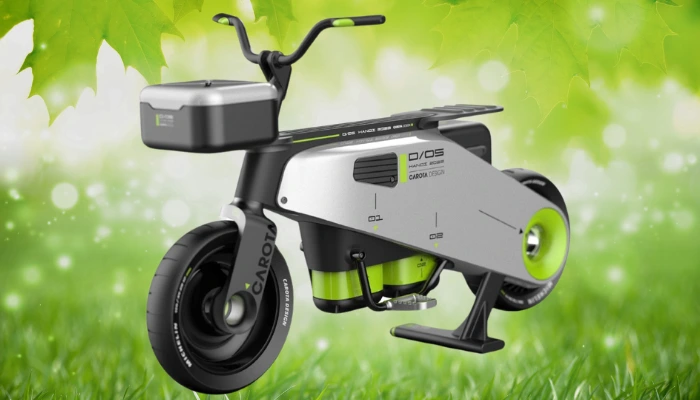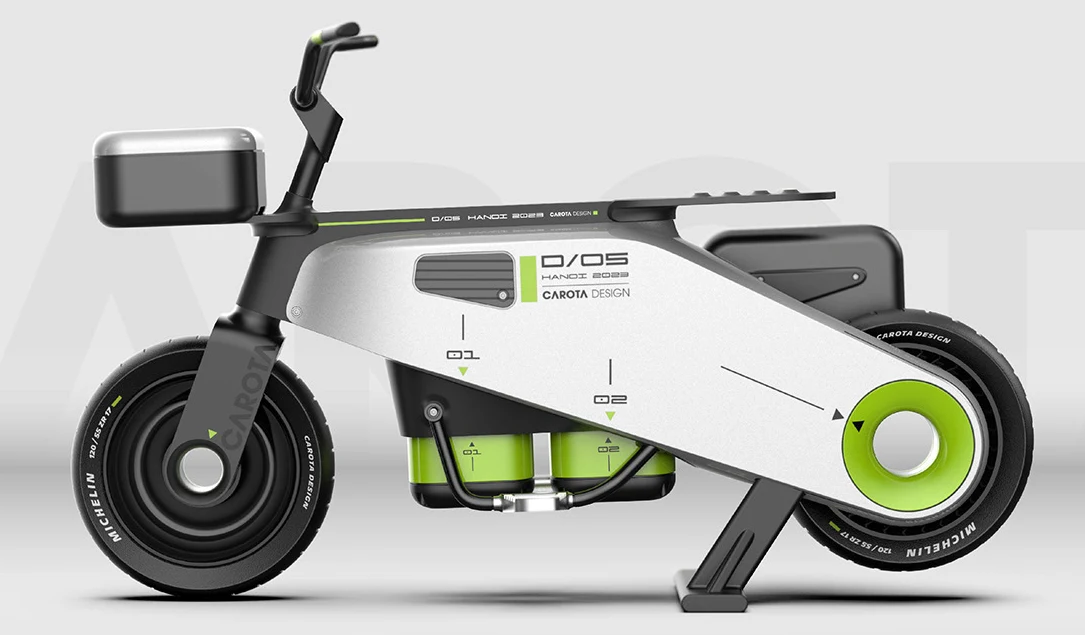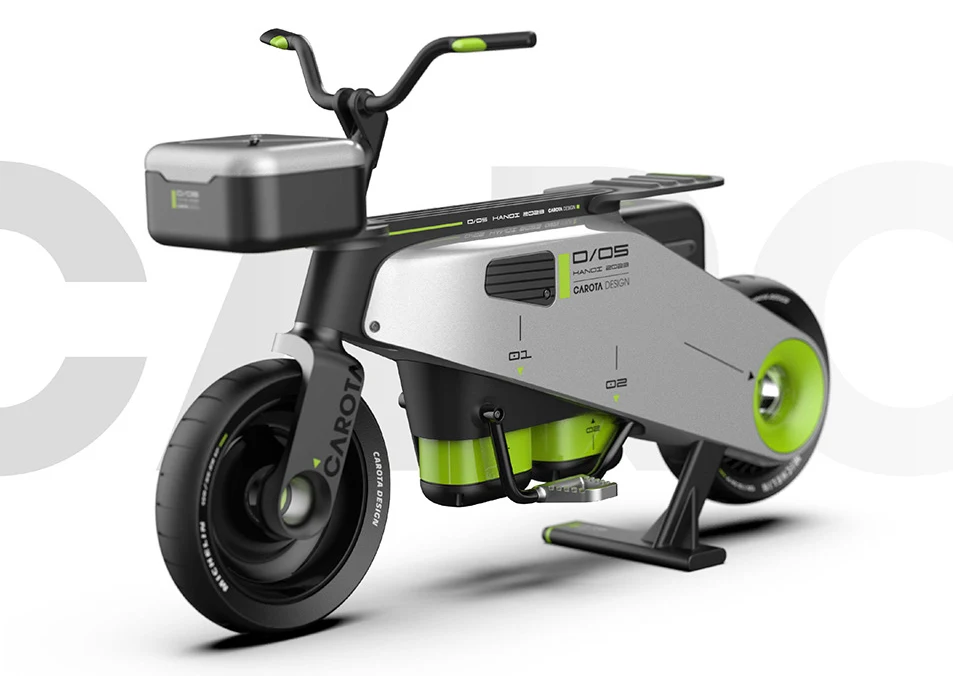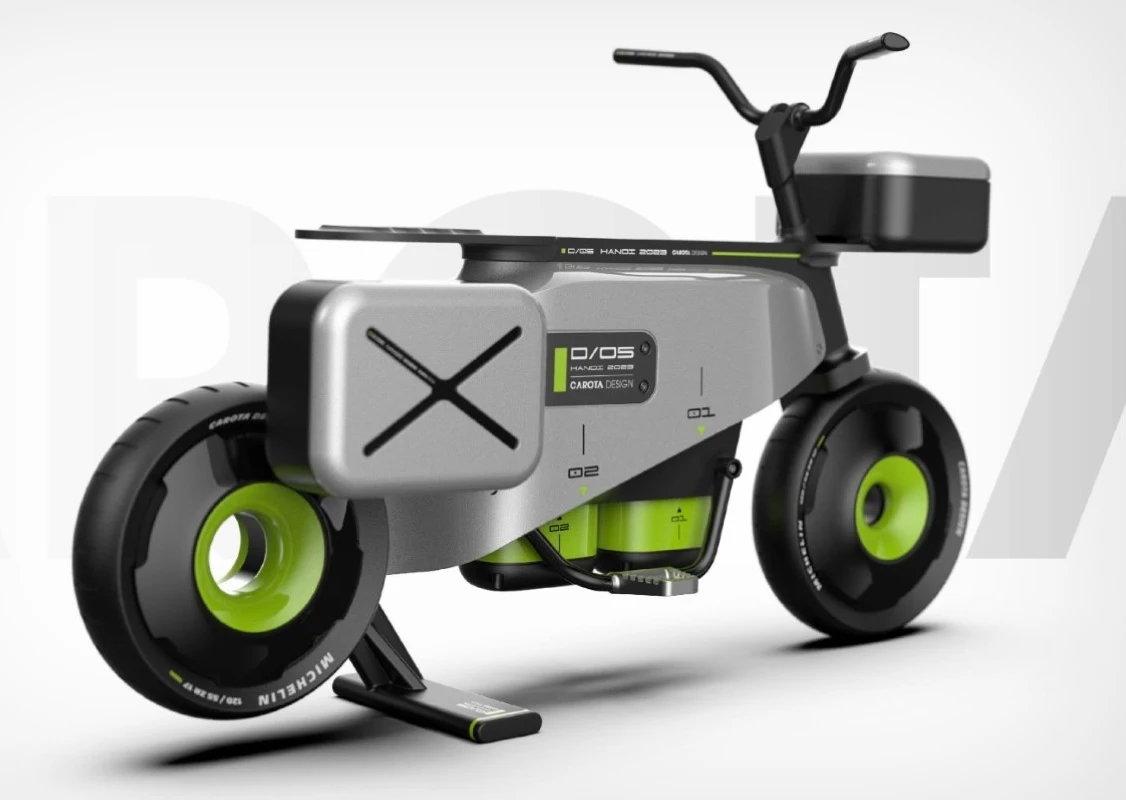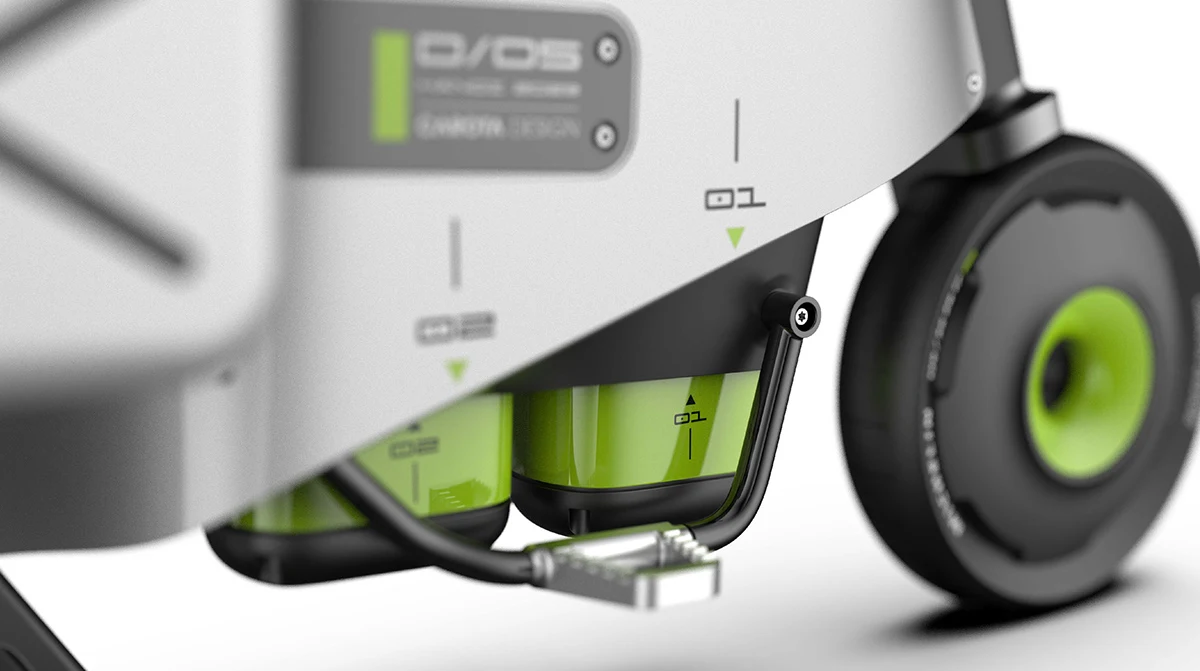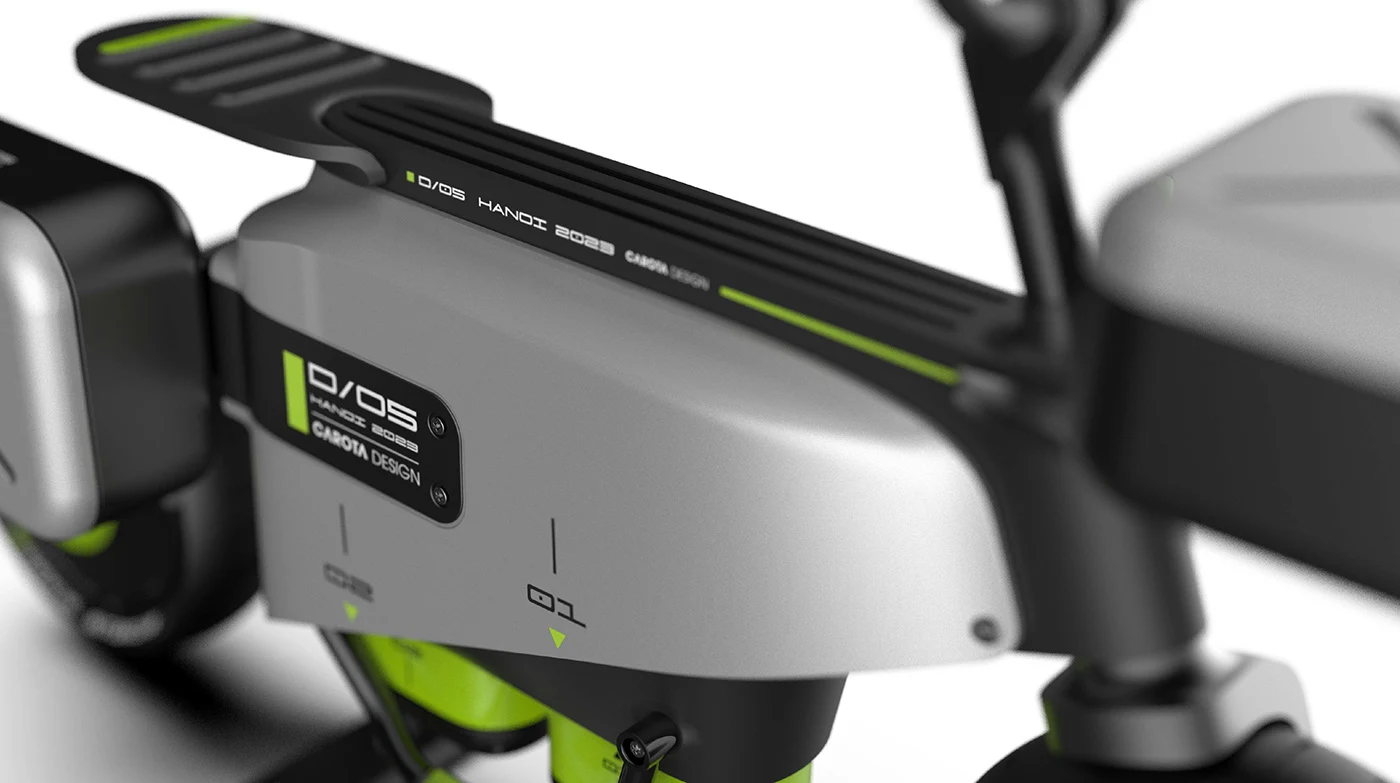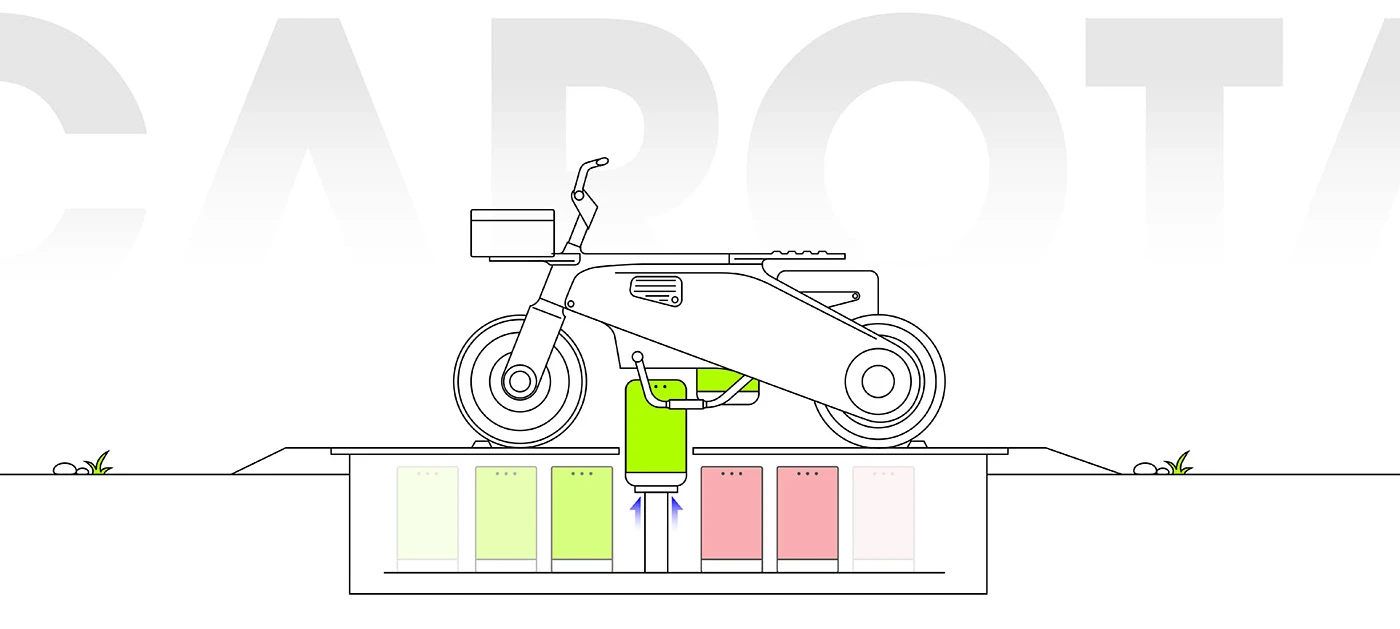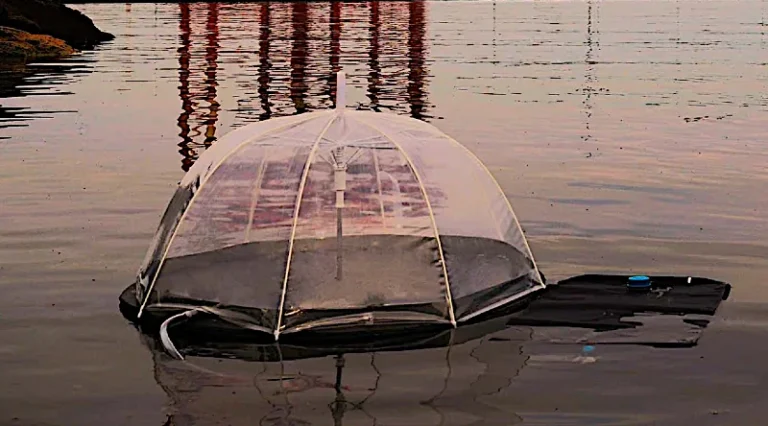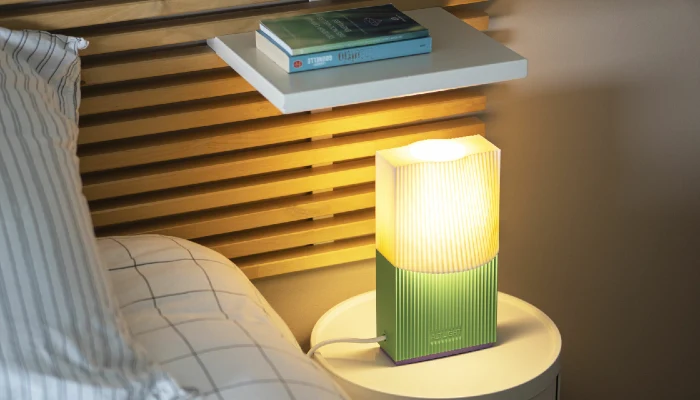The current clamor for sustainable alternatives to gas-driven vehicles is louder than ever, and every major car manufacturer is getting in on the action. Electric vehicles (EVs) have stepped into the limelight, with promises of a greener future. While the argument can certainly be made that EVs are not the eco-friendly panacea to gas-powered vehicles that the industry would like us to believe, the market and several European nations, have spoken – EVs are here to stay and only growing in popularity.
Despite their allure, EVs grapple with challenges that have drivers second-guessing, like the dreaded range anxiety and the tedious waits at charging stations. Both substantial limitations that no single player in the burgeoning industry seems close to solving. While a quick fill-up at a gas station takes no more than a minute, recharging an electric vehicle demands a patience-testing pause, even at the fastest supercharging stations.
Enter the brainchild of Hanoi-based Carota Design: the D05 Electric Delivery Scooter concept. It’s not just any scooter; it’s a beacon of innovation in the electric vehicle landscape.
The D05 distinguishes itself with its batteries snugly positioned at the base, designed to be swapped out exclusively from below. This design choice isn’t merely aesthetic; it’s the cornerstone of the scooter’s unique battery replacement system—a service platform that automates the entire process. Drive on, and the system whirs to life, swapping your depleted battery with a fresh one in a seamless operation reminiscent of an assembly line, all under a minute.
This concept isn’t just about convenience; it’s a stride towards safety and security. The automated system eliminates the risk of manual battery replacements, while the bottom-only access design puts a firm lid on theft and tampering possibilities. Yet, for all its merits, the D05 remains a concept, a glimpse into a potential future of electric mobility.
The scooter itself is a study in functionality meeting design. Crafted for the rigorous demands of last-mile deliveries, it boasts a sturdy, blockish silhouette that houses not just the innovative battery but also ample storage for parcels and packages.
The design, a harmonious blend of utility and style, features striking lime green accents and futuristic hubless wheels, presenting a vision of the future that’s as efficient as it is eye-catching.
The battery-changing platform, though conceptually straightforward, harbors complexity. It demands precise positioning of the scooter, whereafter it operates with a simplicity and efficiency that’s almost magical, storing up to seven battery packs or more, ready to breathe life into scooters in the blink of an eye.
Of course, this vision of convenience and efficiency doesn’t come without its share of concerns. The necessity for a surplus of batteries, to ensure availability and manage shortages, raises a few environmental red flags. And then there’s the unpredictability of battery health in this swap-and-go model that introduces some potential risks; a battery several years old may not hold the same charge as a new one, which could affect both range and reliability.
The replaceable battery system, while solving some problems, presents new challenges. It prompts a reevaluation of our approach to EV sustainability—could a hybrid model of charging and battery swapping be the solution?
More To Discover
The prospect of recycling older batteries offers a glimmer of hope, though; it may be a step towards mitigating the environmental impact.
Designer: Carota Design
Founded in 2016, Carota Design is a boutique industrial design firm located in Hanoi, Vietnam. The studio specializes in motorcycles, scooters, and electric cars and has completed a range of projects including high-end sound systems.







